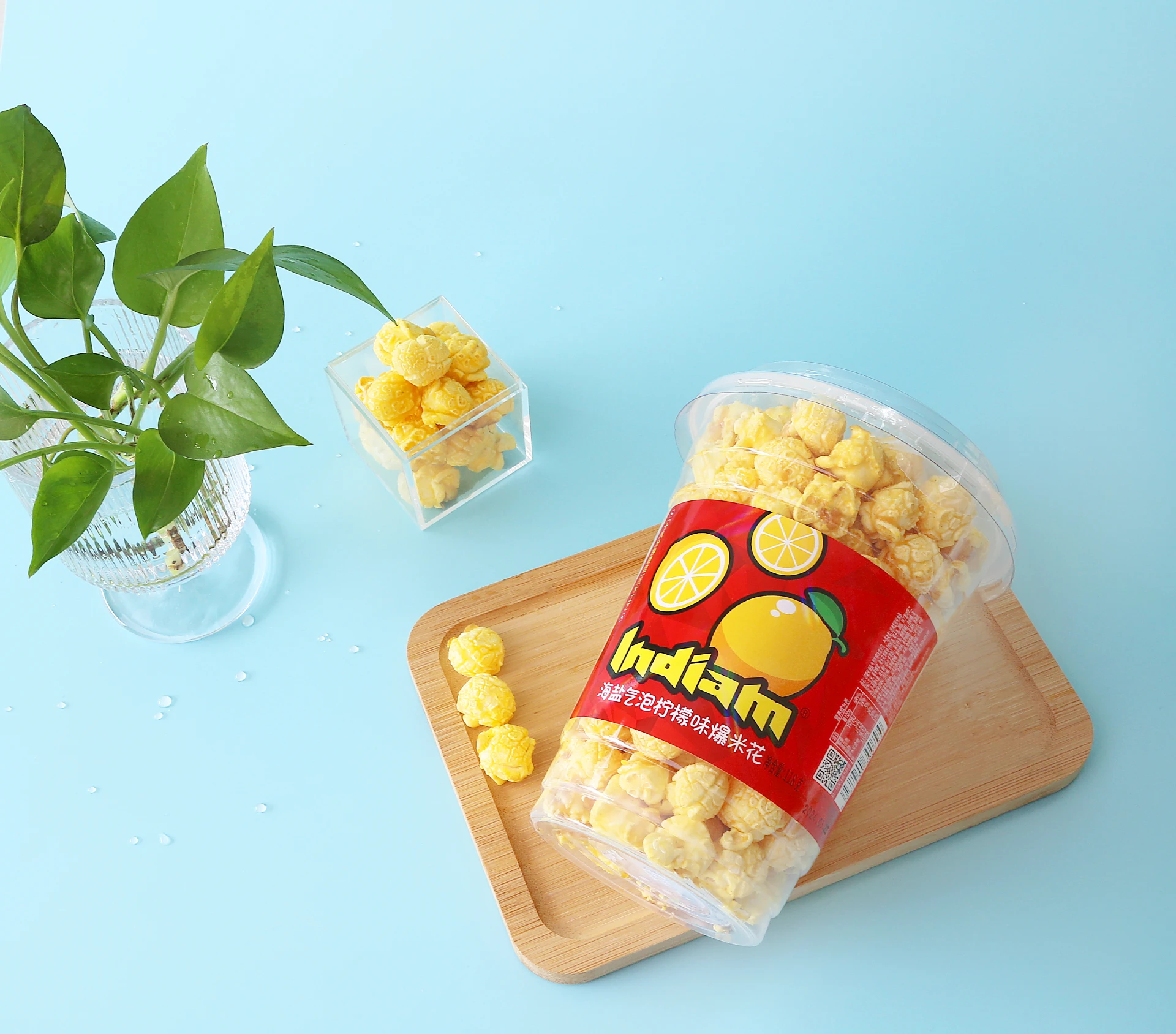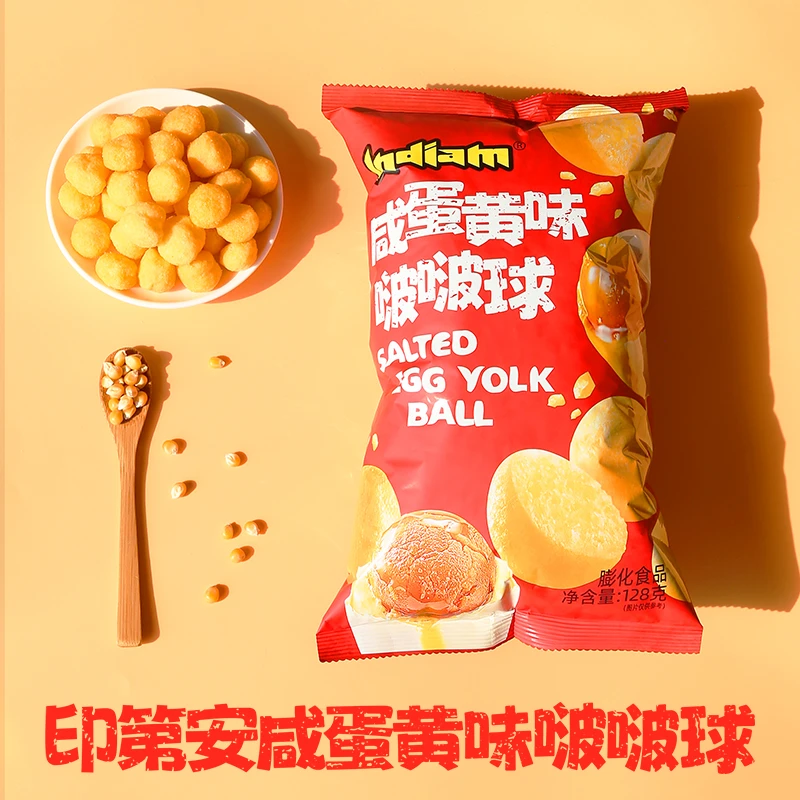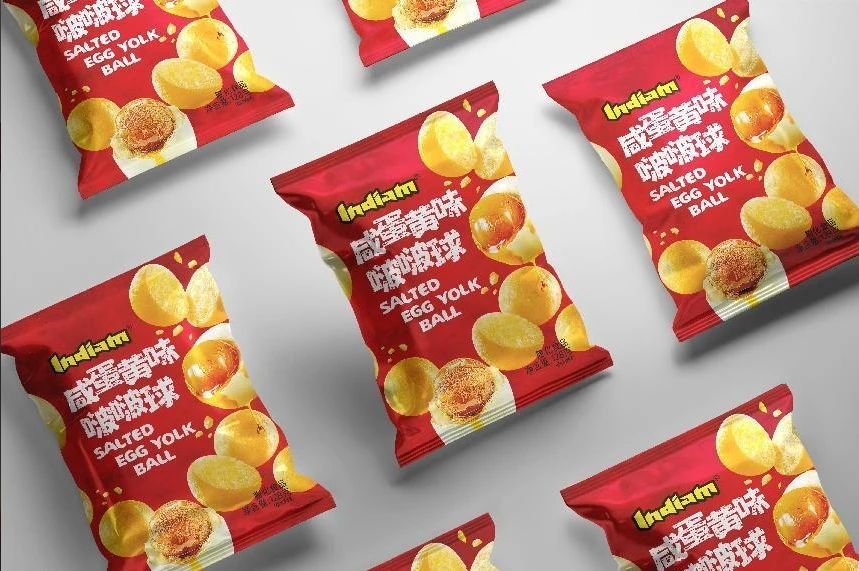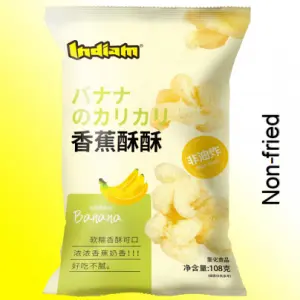Low Calorie Microwave Popcorn Healthy & Guilt-Free Snack
- Introduction to low-calorie microwave popcorn innovations
- Nutritional breakdown: How technology enables lower calories
- Brand comparison analysis of low-fat microwave options
- Customization approaches for calorie-conscious consumers
- Real-world use cases and practical applications
- Storage and preparation recommendations for optimal quality
- Final considerations for health-focused snackers

(low calorie microwave popcorn)
The Evolving Landscape of Low Calorie Microwave Popcorn
Consumer demand for healthier snack alternatives has transformed the microwave popcorn industry. Research from Allied Market Analysis indicates a 17.3% CAGR growth in the low-calorie snack sector since 2020. This surge stems from shifting dietary preferences, with 68% of shoppers actively seeking reduced-calorie options according to Food Insight Council data. Manufacturers now employ advanced culinary technologies to maintain flavor integrity while dramatically cutting caloric content—a development redefining snack-time norms across American households.
Nutritional Technology Behind Reduced Calories
Calorie reduction represents a significant food engineering challenge requiring specialized techniques. Through hydrodynamic modification processes, manufacturers reconstitute corn kernels to reduce starch density by up to 40% without compromising expansion ratios. Simultaneously, lipid replacement technology substitutes traditional oils with structured emulsions using gum arabic and modified plant proteins, cutting fat content by 60-75% compared to standard versions. Clinical nutrition studies at Cornell's Food Research Lab confirm these innovations maintain adequate fiber levels (3.5-4g per serving) while reducing net digestible carbohydrates. Most proprietary blends utilize food-grade silicon dioxide as anti-caking agents instead of calorie-dense powdered butter alternatives.
Leading Brand Nutritional Analysis
| Brand | Serving Size | Calories | Total Fat | Fiber | Sodium |
|---|---|---|---|---|---|
| SkinnyPop Original | 3 cups popped | 150 | 8g | 3g | 170mg |
| BoomChickaPop Light | 3.5 cups popped | 140 | 6g | 4g | 210mg |
| Angie's Light & Sea Salt | 4 cups popped | 130 | 5.5g | 4g | 190mg |
| Standard Microwave Popcorn | 2.5 cups popped | 250-300 | 14-18g | 2-3g | 300-450mg |
The critical differentiator among premium brands involves flavor delivery systems. BoomChickaPop utilizes micro-encapsulated salt crystals that adhere more efficiently to popped kernels, reducing sodium requirements by approximately 15% versus competitors. Angie's proprietary seasoning blends incorporate nutritional yeast and mushroom powder to boost umami characteristics without additional fats. All analyzed brands achieved Non-GMO Project verification and utilize palm oil-free formulations, addressing secondary consumer health concerns beyond calorie reduction.
Customization Strategies for Varied Dietary Needs
Personalizing low calorie microwave popcorn
enhances adherence to specific nutritional objectives. For ketogenic diet followers, misting popped kernels with avocado oil spray (0.5 sec spray = 20 calories) then dusting with nutritional yeast and smoked paprika creates a satisfying 45-calorie per cup option. Athletes seeking recovery snacks might combine unseasoned varieties with 10g hydrolyzed whey protein isolate shaken together in a covered container. Savory alternatives include rosemary-garlic infusions using fresh herbs in sealed containers overnight, while sweet tooth solutions feature light cinnamon dusting with monkfruit sweetener (zero added calories). Air-popped specialty machines allow even greater control, enabling preparation starting from unprocessed kernels for approximately 31 calories per cup before seasoning enhancements.
Practical Implementation Scenarios
Office workers increasingly incorporate these snacks into workplace routines. A recent case study at TechStart Inc. revealed that replacing afternoon cookie platters with portion-controlled popcorn stations led to a 41% reduction in empty-calorie consumption among employees over six months. School nutrition programs across eight states have implemented classroom-approved versions during afternoon sessions, helping maintain cognitive focus without sugar crashes. Dietitian-approved weight management protocols frequently incorporate two daily servings strategically timed before anticipated hunger peaks. Meal-prep enthusiasts report freezing pre-portioned kernels in reusable silicone bags with customized seasonings for grab-and-go convenience—retaining freshness for up to three months without preservatives.
Preservation Methodology and Preparation Techniques
Maintaining freshness requires humidity control through hermetic sealing with oxygen-absorber packets. Industry stability tests show proper storage maintains ideal moisture content (13.5-14%) for up to nine months. For preparation, microwave wattage directly impacts results: units below 1100W should increase cooking time incrementally (15-20 sec intervals) rather than relying solely on manufacturer timings, as under-popping creates dense, chewy textures. Observing intervals between pops diminishing to 1-2 seconds prevents scorching—a critical quality preservation step since burning creates carcinogenic compounds while destroying delicate flavor profiles. Strategic placement in microwave turntable centers guarantees more uniform heat distribution than corner positioning.
Moving Forward with Low Calorie Microwave Popcorn Choices
Nutritionists project continued refinement in calorie optimization technologies, with current R&D focusing on beta-glucan fortification and plant sterol integration for enhanced health benefits. Market analysis by IBISWorld anticipates a 22% expansion in better-for-you snack options by 2026. Consumers seeking the lowest calorie microwave popcorn should prioritize brands with transparent ingredient statements and independently verified nutritional claims. Regular assessment of emerging options remains advisable as food science innovations rapidly evolve, ensuring snack selections align with both taste preferences and health objectives.

(low calorie microwave popcorn)
FAQS on low calorie microwave popcorn
Q: What is low calorie microwave popcorn?
A: Low calorie microwave popcorn is pre-packaged popcorn designed to be heated in a microwave with reduced calorie content compared to regular versions. This is achieved by using controlled portion sizes, minimal oils, and artificial flavors for taste without extra calories. It serves as a healthier snack for those monitoring their calorie intake.
Q: How many calories are in the lowest calorie microwave popcorn options?
A: The lowest calorie microwave popcorn typically contains 70-90 calories per serving due to strict portion control and low-fat formulations. Brands often eliminate added oils or butter to keep calories minimal. Always check nutrition labels for specific calorie counts as they vary between products.
Q: Is low fat microwave popcorn a healthy snack?
A: Yes, low fat microwave popcorn can be a healthier snack due to its reduced fat content and fewer calories, making it suitable for weight management. However, choose options with minimal artificial additives to avoid unnecessary chemicals. Pair it with a balanced diet for optimal health benefits.
Q: Where can I buy the lowest calorie microwave popcorn?
A: You can find the lowest calorie microwave popcorn in most grocery stores, supermarkets, or online retailers like Amazon. Look for specialty diet brands such as SkinnyPop or Orville Redenbacher's SmartPop in the snack aisle. Always compare labels to select the lowest calorie option.
Q: How do I prepare low calorie microwave popcorn for best taste?
A: Prepare low calorie microwave popcorn by following the package instructions and microwaving for 2-4 minutes until popping slows down. Avoid adding butter or oils during cooking to maintain low calories. Sprinkle with herbs or salt-free seasonings for extra flavor without increasing calorie intake.
Post time: ਜੂਨ . 08, 2025 23:22


























